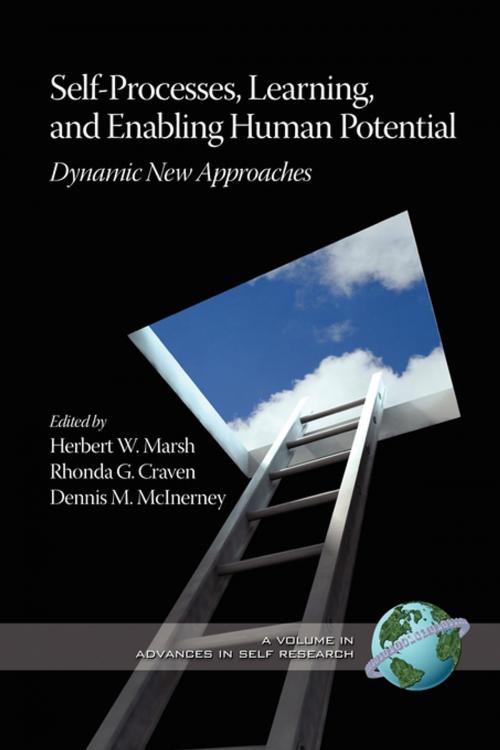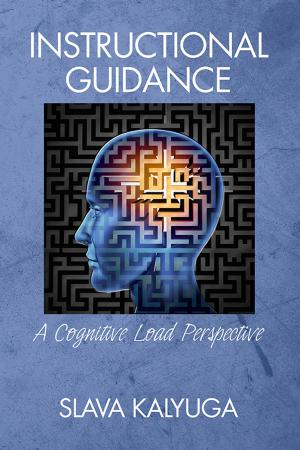SelfProcesses, Learning and Enabling Human Potential
Dynamic New Approaches
Nonfiction, Health & Well Being, Psychology, Personality, Reference & Language, Education & Teaching, Higher Education| Author: | ISBN: | 9781607526186 | |
| Publisher: | Information Age Publishing | Publication: | April 1, 2008 |
| Imprint: | Information Age Publishing | Language: | English |
| Author: | |
| ISBN: | 9781607526186 |
| Publisher: | Information Age Publishing |
| Publication: | April 1, 2008 |
| Imprint: | Information Age Publishing |
| Language: | English |
This volume deals with a wealth of issues related to self, from the overarching theoretical perspective of Bandura and his careful and thorough analysis of the agentic self, highlighting the complexities of our multiple selves acting in an integrated, holistic, and dynamic fashion, to the engaging and novel treatment of self concept as a rope by John Hattie. From many of the chapters we see the utility value of the social cognitive theory and selfdetermination theory frameworks for interpreting selfprocesses and how these processes might drive engagement in learning. In particular we see how autonomy support, selfregulation, selfefficacy, and selfregulation are part and parcel of selfprocesses intimately involved as individuals work out their futures and possible selves. Entwined with these processes are the development of identity, resilience, and a sense of wellbeing. The BFLPE and bullying chapters provide two examples of selfprocesses in operation in the school context. What can we take from this? Selfprocesses are complex, differentiated,and yet coordinated. By focusing on the agentic self we consider the whole personpicture as a rich, integrated, and dynamic tapestry and by focusing on differentiated self elements such as selfregulation, selfdetermination, selfconcept, and selfefficacy, we are able to examine, in more detail, some of the individual threads of the tapestry and the roles they play in the integrated self. Overall, we learn that selfprocesses are dynamic and are fundamental to enabling human potential.
This volume deals with a wealth of issues related to self, from the overarching theoretical perspective of Bandura and his careful and thorough analysis of the agentic self, highlighting the complexities of our multiple selves acting in an integrated, holistic, and dynamic fashion, to the engaging and novel treatment of self concept as a rope by John Hattie. From many of the chapters we see the utility value of the social cognitive theory and selfdetermination theory frameworks for interpreting selfprocesses and how these processes might drive engagement in learning. In particular we see how autonomy support, selfregulation, selfefficacy, and selfregulation are part and parcel of selfprocesses intimately involved as individuals work out their futures and possible selves. Entwined with these processes are the development of identity, resilience, and a sense of wellbeing. The BFLPE and bullying chapters provide two examples of selfprocesses in operation in the school context. What can we take from this? Selfprocesses are complex, differentiated,and yet coordinated. By focusing on the agentic self we consider the whole personpicture as a rich, integrated, and dynamic tapestry and by focusing on differentiated self elements such as selfregulation, selfdetermination, selfconcept, and selfefficacy, we are able to examine, in more detail, some of the individual threads of the tapestry and the roles they play in the integrated self. Overall, we learn that selfprocesses are dynamic and are fundamental to enabling human potential.















